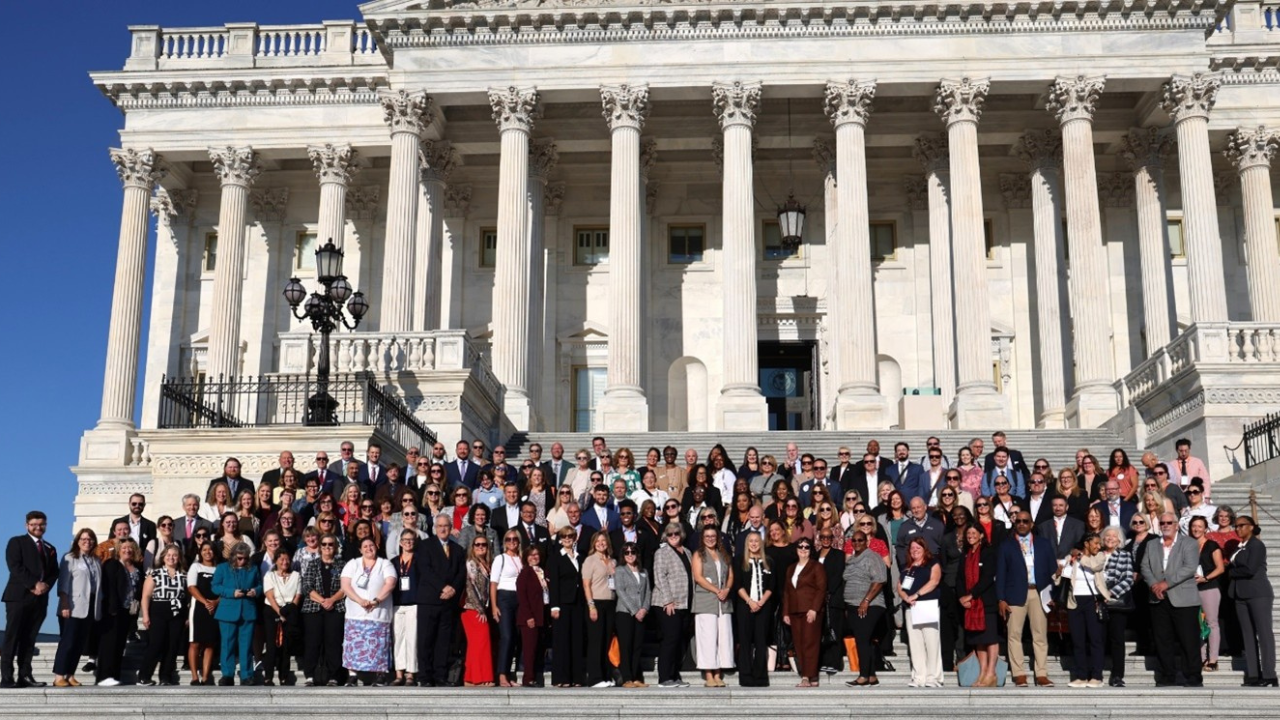Capitol Correspondence - 04.20.21
Congressional Democrats Begin Scaling Back Health Proposals Ahead of Negotiations on Jobs and Infrastructure Package
Share this page
Stay Informed on the Latest Research & Analysis from ANCOR
More News
Stateside Report - 10.20.25
Stateside Report: October 20, 2025

Connections - 09.30.25
Anchored in Advocacy: The 2025 Policy Summit & Hill Day

Capitol Correspondence - 09.16.25
CMS Opens Applications for $50 Billion Rural Health Transformation Program

